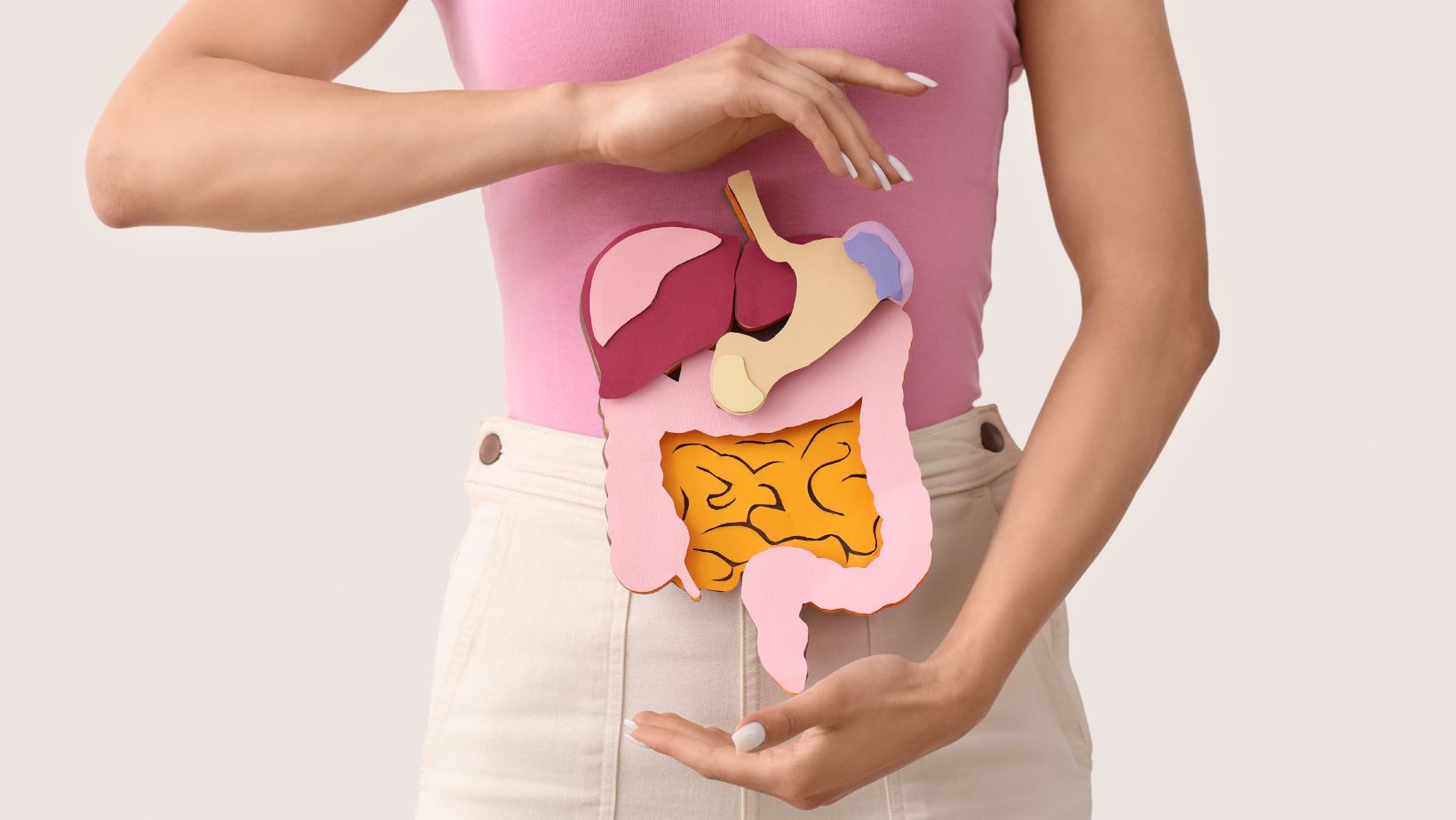Digestive Health in Women Over 50: Why Gut Balance Matters

Discover what Olivia is talking about from Parenting to Entertainment…
As women enter their 50s, hormonal changes, lifestyle shifts, and natural aging processes begin to impact overall health. One of the most important yet often overlooked aspects is gut health. The gut microbiome, composed of trillions of bacteria and other microorganisms, plays a crucial role in digestion, nutrient absorption, immune function, and even hormone metabolism.
Women over 50 may notice changes such as bloating, constipation, reduced energy, or irregular appetite, which can all be linked to alterations in the gut microbiome. Maintaining a balanced gut is essential not only for digestive comfort but also for supporting mental health, metabolic health, and overall vitality.
Aging, Hormones, and the Gut
Hormonal changes during the post-menopausal stage can significantly affect gut health. Declining estrogen levels influence the diversity and function of gut bacteria, which may contribute to slower digestion, weight gain, and inflammation. Additionally, reduced estrogen can impact intestinal lining integrity, potentially leading to minor inflammation that affects nutrient absorption and overall gut function.
Gut bacteria also interact with hormones through the estrobolome, a collection of bacteria that metabolize estrogen. A balanced microbiome helps regulate estrogen levels, which can mitigate some of the common post-menopausal symptoms, including hot flashes and changes in energy or mood. Supporting gut health, therefore, is not only beneficial for digestion but also indirectly supports hormonal balance and well-being.
The Connection Between Gut Health and Immunity
Gut health is strongly linked to the immune system. A balanced microbiome supports immune regulation, helping the body respond efficiently to infections and inflammation. In women over 50, a weakened gut microbiome can increase susceptibility to digestive issues and systemic inflammation.
By maintaining microbial balance through diet, lifestyle, and supplements, women can enhance immunity, support metabolic health, and reduce inflammation that may otherwise exacerbate menopausal symptoms or age-related conditions.
Dietary Strategies to Support Gut Health
Diet is one of the most effective ways to nurture the gut microbiome. Women over 50 should focus on fiber-rich foods like vegetables, fruits, legumes, and whole grains, which act as prebiotics to feed beneficial bacteria. Fermented foods such as yogurt, kefir, sauerkraut, and kimchi introduce live probiotics that enhance microbial diversity.
In addition to food, supplementation can provide targeted support. Bioma Gut Health Probiotics are formulated to restore gut balance, improve nutrient absorption, and support immune function. Incorporating probiotics into a well-rounded diet can help reduce bloating, support digestion, and optimize overall gut health.
Lifestyle Practices for a Healthy Gut
In addition to diet, lifestyle plays a key role in supporting digestive health after 50. Regular physical activity improves gut motility, reduces inflammation, and promotes metabolic health. Exercise also supports mental well-being, helping reduce stress, anxiety, and mood swings, which can indirectly affect digestive comfort.
Sleep quality is another critical factor. Poor sleep can disrupt gut bacteria, impair digestion, and negatively impact immunity. Women over 50 are encouraged to establish consistent sleep routines and create a sleep-friendly environment to support overall gut and metabolic health.
Probiotics and Their Role in Digestive Wellness
Probiotics are beneficial bacteria that help maintain gut microbial balance. For women over 50, probiotics can:
- Improve nutrient absorption and digestion
- Reduce bloating, gas, and constipation
- Support immune function and reduce inflammation
- Influence hormone metabolism, indirectly supporting well-being
Targeted probiotic supplements like Bioma Gut Health Probiotics provide carefully selected strains to support women’s digestive health, particularly during midlife.

These probiotics can help mitigate common digestive discomforts, enhance metabolism, and improve energy levels, providing a natural complement to diet and lifestyle measures.
Additional Considerations for Women Over 50
Women over 50 should take a holistic approach to wellness, addressing multiple factors that influence gut health. Maintaining hydration is essential for digestion and preventing constipation. Limiting processed foods, refined sugar, and alcohol can help reduce gut inflammation and support microbial diversity. Stress management, through mindfulness practices or gentle physical activity, supports the gut-brain axis and overall hormone balance.
Regular medical screenings are also critical. Monitoring bone density, cholesterol, and blood pressure ensures that gut health interventions are complemented by preventive care, creating a full-circle approach to health.
Why Gut Balance Matters After 50
Digestive health is a cornerstone of wellness for women over 50. A balanced gut microbiome supports digestion, nutrient absorption, immunity, and hormonal regulation, all of which contribute to energy, comfort, and quality of life. Targeted probiotics, such as Bioma Gut Health Probiotics, can help restore microbial balance, reduce digestive discomfort, and support overall wellness.
By combining probiotics with a nutrient-rich diet, regular exercise, stress management, and preventive care, women can maintain vitality, reduce age-related digestive challenges, and enjoy improved health and well-being throughout midlife and beyond.
What's Your Reaction?
Discover what Olivia is talking about from Parenting to Entertainment & all of the in between. Activities for Kids, DIY, Health & Fitness, Giveaways & More..


